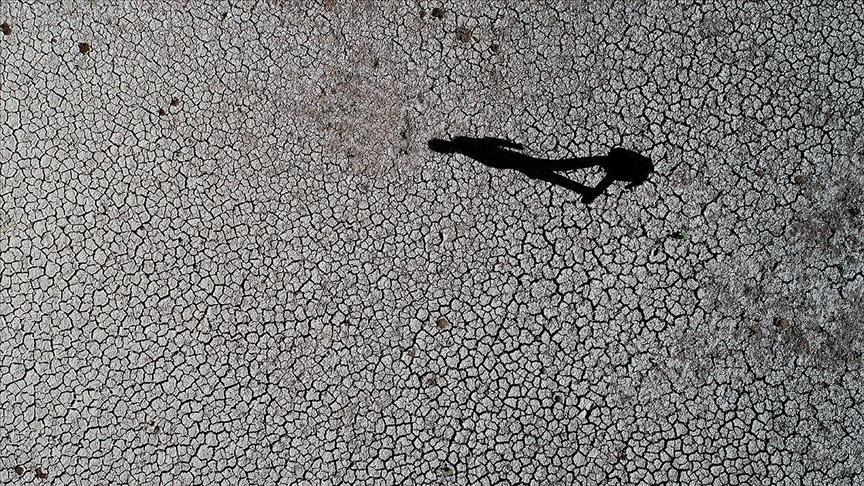The UN humanitarian team in South Sudan has warned that climate change fuels conflict over shrinking resources and puts humanitarians in danger in the country.
“Humanitarians work on the frontlines of crises, getting aid and protection to those in need. Today, those front-lines include not only battlefields, but the flood plains and the scorched landscapes of the global climate emergency, whose effects are painfully apparent in South Sudan,” Arafat Jamal, the acting humanitarian coordinator in South Sudan, said on Thursday in a statement that marked the World Humanitarian Day.
The statement called for a determined and collective climate action, and a firm end to violence against civilians and aid workers.
“South Sudan is ranked among the five countries in the world most vulnerable to the impacts of climate change, and populations across the country are already suffering the impacts with devastating consequences, including disaster displacement,” Jamal said.
“Vulnerable populations are on the frontlines of the climate emergency, and are being battered by cycles of disasters, further eroding their ability to recover and rebuild their lives,” he added.
He said that South Sudan regularly experiences torrential rains, seasonal flooding and locust infestation in parts of the country – and it is its most vulnerable people who suffer from the effects in life-changing ways.
“Last year, more than a million people were impacted by a second consecutive year of major flooding, with women and children most affected,” Jamal said.
Banak Joshua, a senior official at the Ministry of Humanitarian Affairs and Disaster Management, said: “The condition of the roads in South Sudan is hindering the delivery of humanitarians services to the needy people. There are places where we have to use helicopters to make assessments.”
By Benjamin Takpiny in Juba, South Sudan
Anadolu Agency
energy@aa.com.tr


